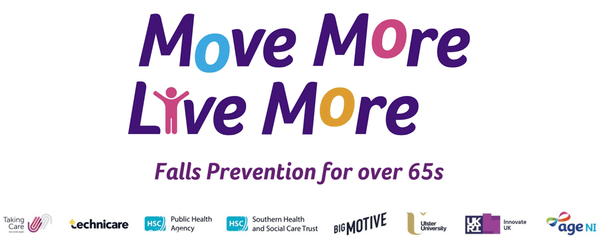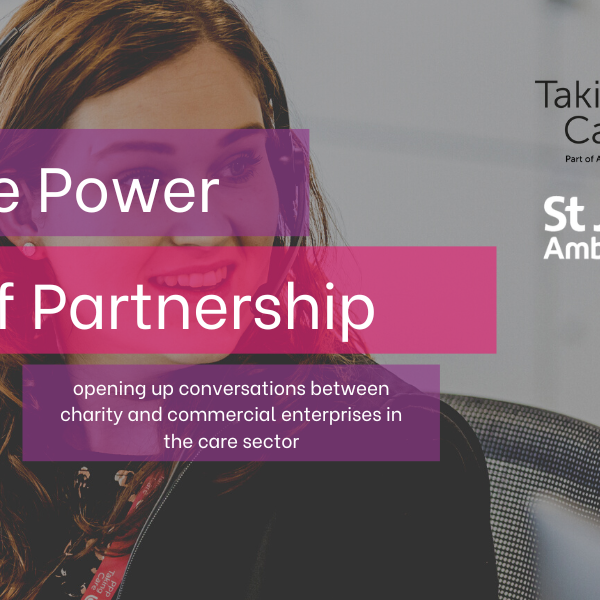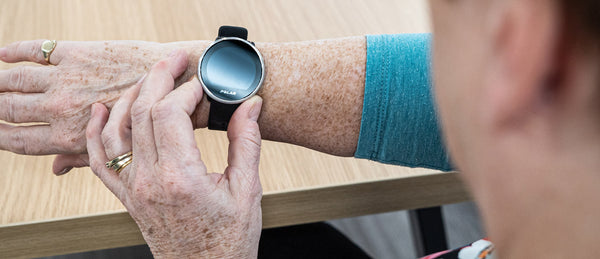Brain in Hand aims to transform the model of care for autistic people, those with learning disabilities, and those with mental health difficulties. Integrating intuitive, personalised web and mobile software with human support via its innovative digital support system, Brain in Hand empowers people to easily access strategies that work for them from their phone or tablet, whenever and wherever they’re needed. People can be supported remotely, stay connected to their supporters, and live independently with confidence.
Living with autism, mental health difficulties and learning disabilities can be a real challenge, and the current Coronavirus crisis has created additional problems for many. However, a good network of support can make a positive difference to the challenge of independent living.
Since 2008 alone, Taking Care, a subsidiary of AXA Health have helped 170,000 people in the UK stay safe and supported them with maintaining their independence. Here at Taking Care we understand the importance of ensuring the mental wellbeing of our staff and customers and we already provide digital solutions to help staff manage their mental health, as well as training members of staff to become Mental Health First Aiders. We foster an attitude of compassion and caring amongst our staff, knowing that in order to provide the best possible life-saving support, staff must be happy and healthy too. It is this, along with a thirty-year history of providing specialist telephone support to elderly and vulnerable customers, that makes Taking Care perfectly suited to diversifying our service through this new and exciting partnership.
Louise Morpeth, Chief Executive at Brain in Hand said:
“We are delighted to be working with Taking Care – another great south west business. They are the perfect partners to support our rapid growth. Like us, they care about the quality of each interaction with the customer; empowering them on their journey to independence.”
Our staff undertook a ‘Super User’ training course provided by Brain in Hand. On the course, they were taught about Brain in Hand’s end users and the specific types of challenges they have, how to tailor their response to the individual’s requirements, and deal safeguarding concerns effectively. Whilst our Emergency Resolution Team are already highly trained to have quick reactions and good decision making skills in an emergency situation, they have expanded their repertoire of skills to respond to customers with the ‘Brain in Hand approach’ – person-centered, non-directive and empathetic. Committed to providing the highest level of support, Taking Care staff will receive ongoing training and support from our own in-house training team as well as Brain in Hand in order to provide the best possible service to users.
Brain in Hand users can get extra support using a traffic light system within their app. By pressing a red traffic light or with three consecutive presses of an amber traffic light, the user will trigger an alert and our Emergency Resolution Team will deliver non-medical, remote support using the preferred contact method of a call, text or email, to support the user in accessing the right coping strategies that will help them ‘get back on track’ and continue with their day, or just to provide some reassurance to help the user feel better about a situation. Situations in which users may want to trigger an alert are wide- ranging but common examples may be to do with travelling to and from places, preparing for up-coming lectures or exams, and organising their time and activities.
Steve Gates, Managing Director at Taking Care said:
“We’re genuinely excited about our partnership with Brain in Hand. We believe that this provides the opportunity to combine the leading-edge 121 and digital support that Brain in Hand provide with personalised support from highly experienced Taking Care responders to help customers through some of their more challenging circumstances. This partnership is absolutely in line with our vision as an organisation and allows us to further demonstrate how, by working together, we can enable people to become more confident and independent.”




